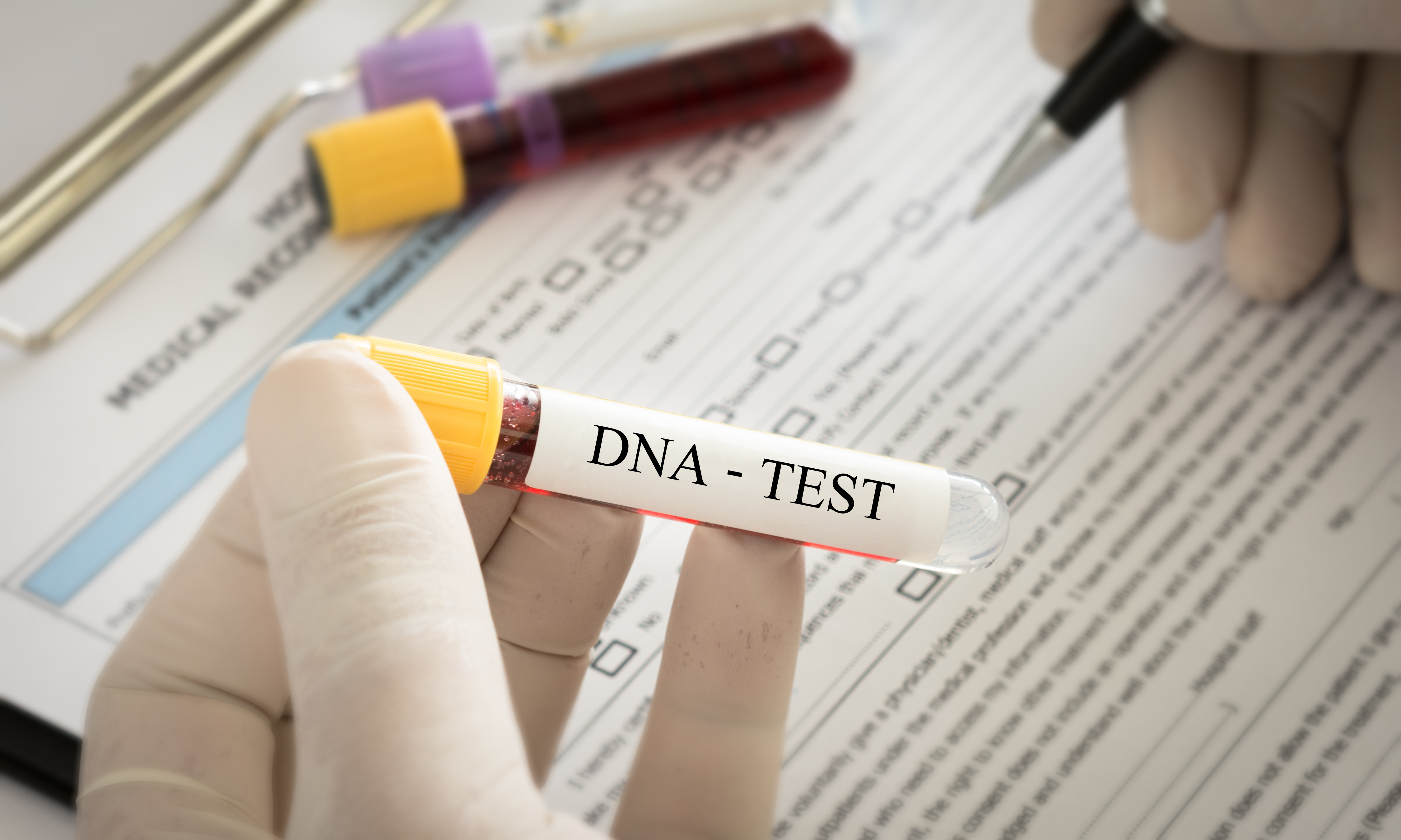Panel urges caution in tying sexual orientation, education levels to genes
By Jocelyn Kaiser,
Science
| 04. 25. 2023
Last year, a study linking the DNA and education data for 3 million people of European ancestry found the resulting genetic scores predicted 15% of a person’s highest level of schooling—an influence nearly as strong as parents’ combined education level.
The latest in a series of provocative findings, the study raised a concern a new report out last week from an expert panel addresses: Could studies probing genetic links to social outcomes such as income and education and to traits such as intelligence uncover differences in people of different ancestries that could be misused by racists?
The panel concluded that given scientific uncertainties, for now, scientists and funders should avoid such comparative studies. In the United States, such concerns may be distant: Science has learned that the two major federally funded biobanks generally don’t let their data be used for nonmedical research. But experts convened by the Hastings Center, an ethics think tank, split on whether such studies should ever be done, with some arguing they will never be ethically justified.
“There are people in the group who probably would...
Related Articles
By Arthur Lazarus, MedPage Today | 01.23.2026
A growing body of contemporary research and reporting exposes how old ideas can find new life when repurposed within modern systems of medicine, technology, and public policy. Over the last decade, several trends have converged:
- The rise of polygenic scoring...
By Stephanie Pappas, LiveScience | 01.15.2026
Genetic variants believed to cause blindness in nearly everyone who carries them actually lead to vision loss less than 30% of the time, new research finds.
The study challenges the concept of Mendelian diseases, or diseases and disorders attributed to...
By David Cox, Wired | 01.05.2026
As he addressed an audience of virologists from China, Australia, and Singapore at October’s Pandemic Research Alliance Symposium, Wei Zhao introduced an eye-catching idea.
The gene-editing technology Crispr is best known for delivering groundbreaking new therapies for rare diseases, tweaking...
By Josie Ensor, The Times | 12.09.2025
A fertility start-up that promises to screen embryos to give would-be parents their “best baby” has come under fire for a “misuse of science”.
Nucleus Genomics describes its mission as “IVF for genetic optimisation”, offering advanced embryo testing that allows...




